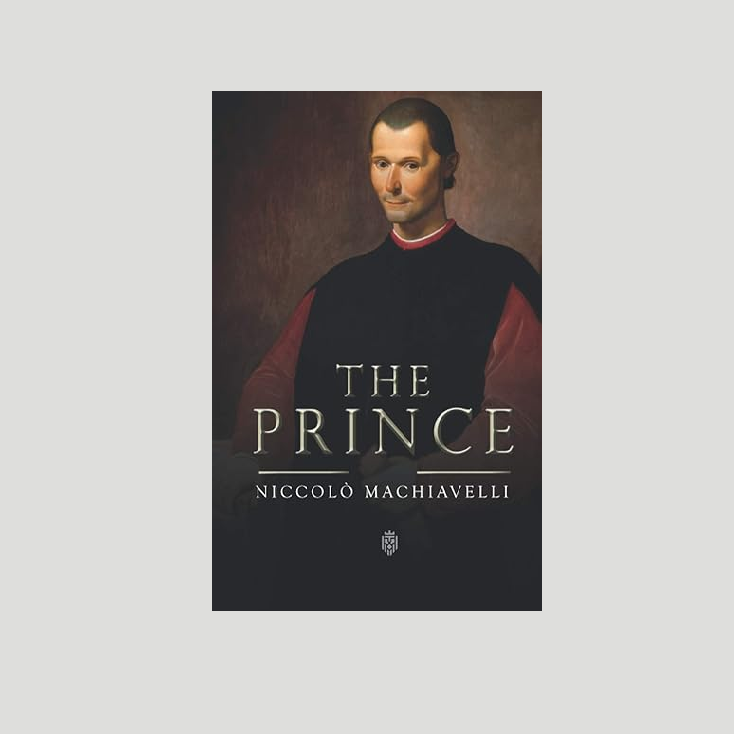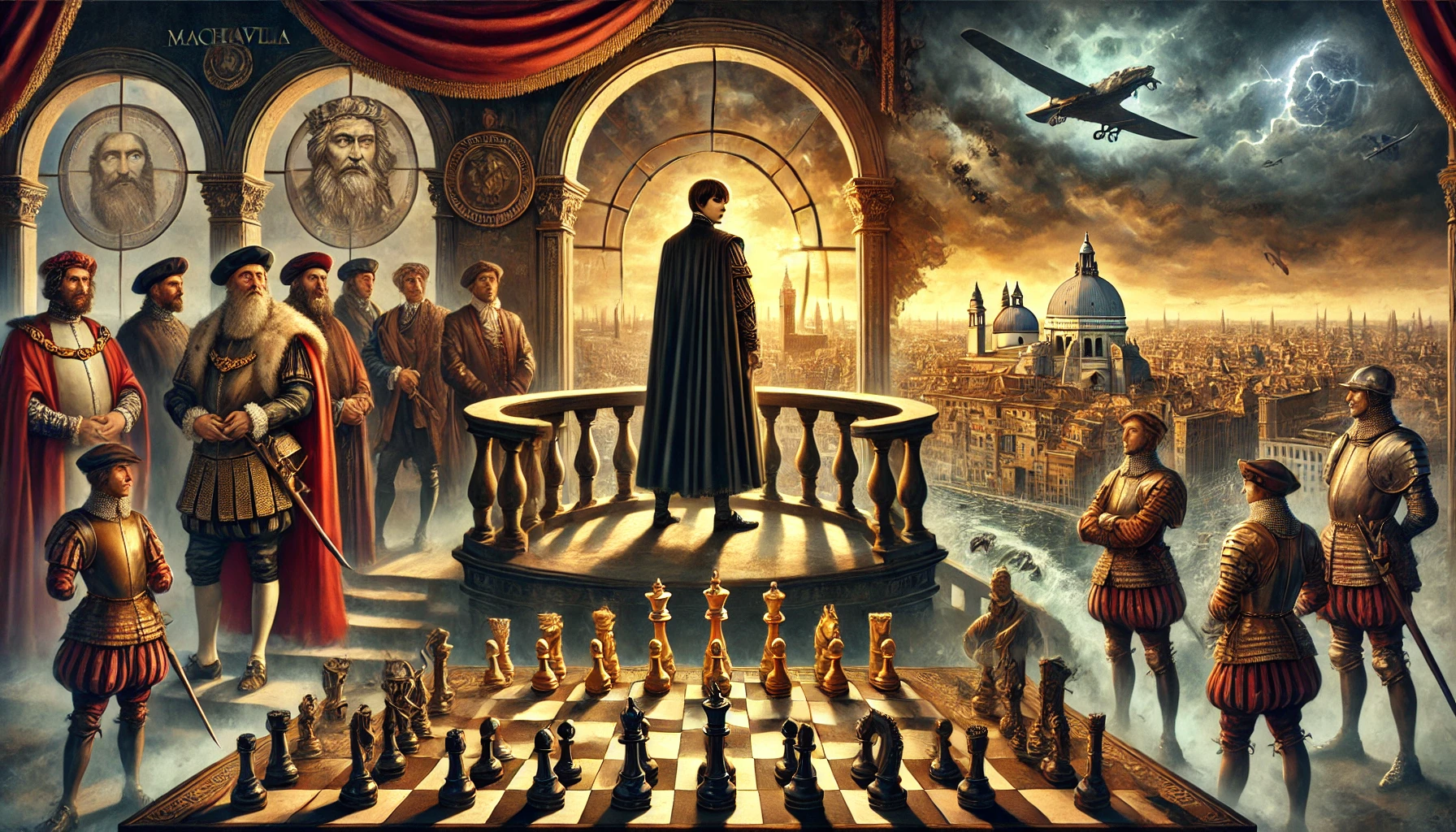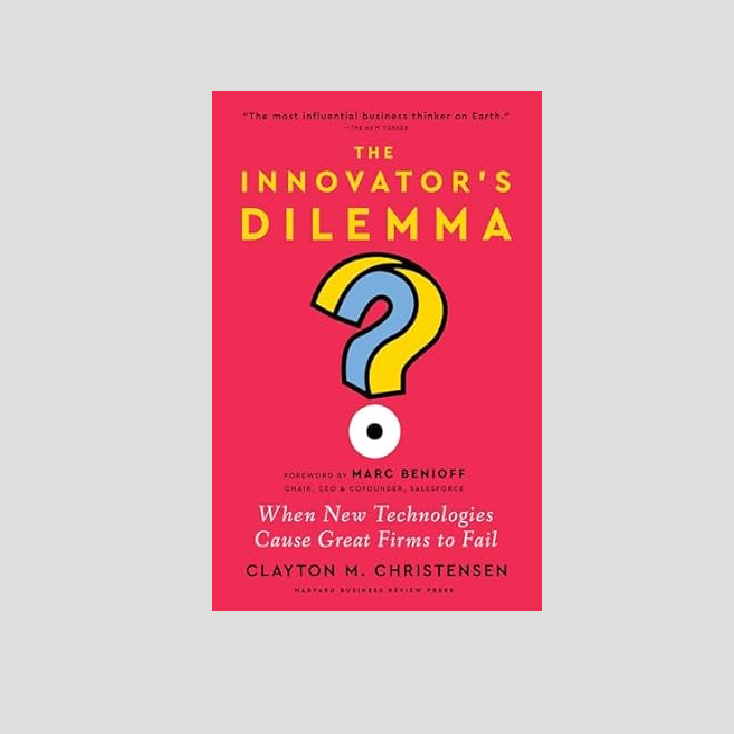“The Prince” by Niccolò Machiavelli
$ 1.50
The Prince is a 16th-century political treatise written by Italian diplomat and political theorist Niccolò Machiavelli as an instruction guide for new princes and royals. The general theme of The Prince is of accepting that the aims of princes – such as glory and survival – can justify the use of immoral means to achieve those ends.
Why This Book is Relevant to Putin’s Leadership Style:
- Realpolitik and Power Strategy: The Prince focuses on political power, strategic governance, and maintaining authority, which aligns with Putin’s pragmatic and calculated approach to leadership.
- The Use of Strength and Cunning: Machiavelli discusses how rulers must balance force and diplomacy to retain power—an approach Putin has often been observed employing in geopolitical and domestic affairs.
- Managing Public Perception: The book emphasizes the importance of controlling narratives, maintaining stability, and using both fear and respect to rule effectively.
- Adaptability and Ruthlessness When Necessary: Machiavelli argues that leaders should be flexible, calculating, and unafraid to take bold actions when required—qualities often attributed to Putin’s leadership.
Many analysts and historians draw parallels between Machiavellian principles and his leadership tactics in both domestic and international politics.
In Stock
Description
Niccolò Machiavelli’s The Prince (Il Principe), written in 1513 and published posthumously in 1532, stands as one of the most influential works in Western political philosophy. Machiavelli, an Italian diplomat from Florence, composed the treatise in an era of fierce competition among Italian city-states and repeated foreign invasions by powers such as France and Spain. With Italy fragmented, Machiavelli observed how various rulers, including the notorious Cesare Borgia, gained or lost power. He distilled these observations into a practical guide for new princes on how to consolidate and maintain authority.
Contrary to more traditional medieval treatises that merged political rule with moral or religious imperatives, The Prince is a stark, pragmatic manual that emphasizes results over ideals. Machiavelli’s central proposition is that a prince must be prepared to employ cunning, force, deception, or benevolence, depending on the situation. He contends that the ultimate goal—securing the state—often justifies methods that moralists might condemn. Over centuries, the term “Machiavellian” has evolved into a byword for ruthless political scheming, though Machiavelli’s nuanced arguments extend beyond pure cynicism. Modern readers grapple with whether The Prince is a cynical endorsement of unscrupulous leadership or a realistic portrayal of how power truly operates.






Reviews
There are no reviews yet.